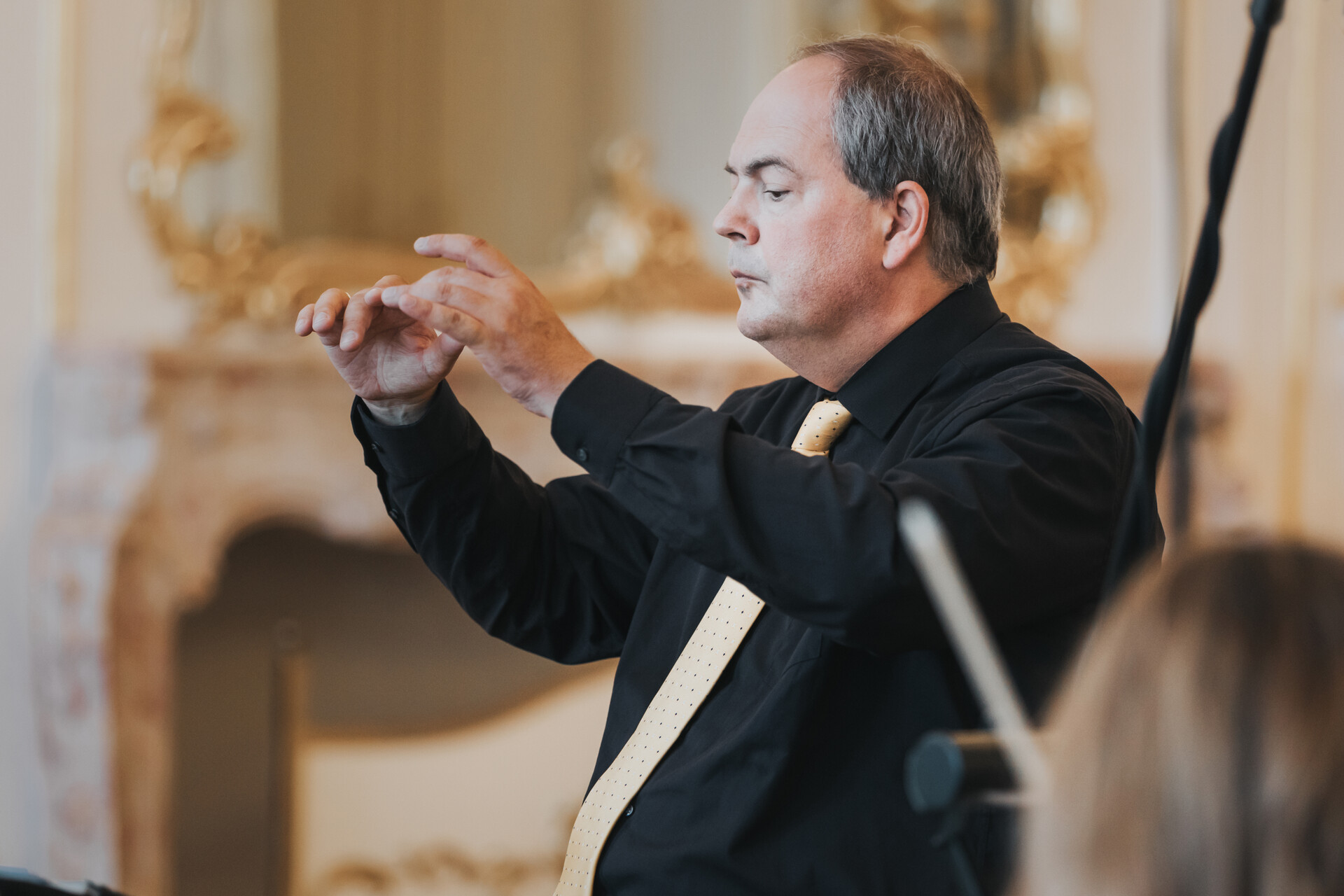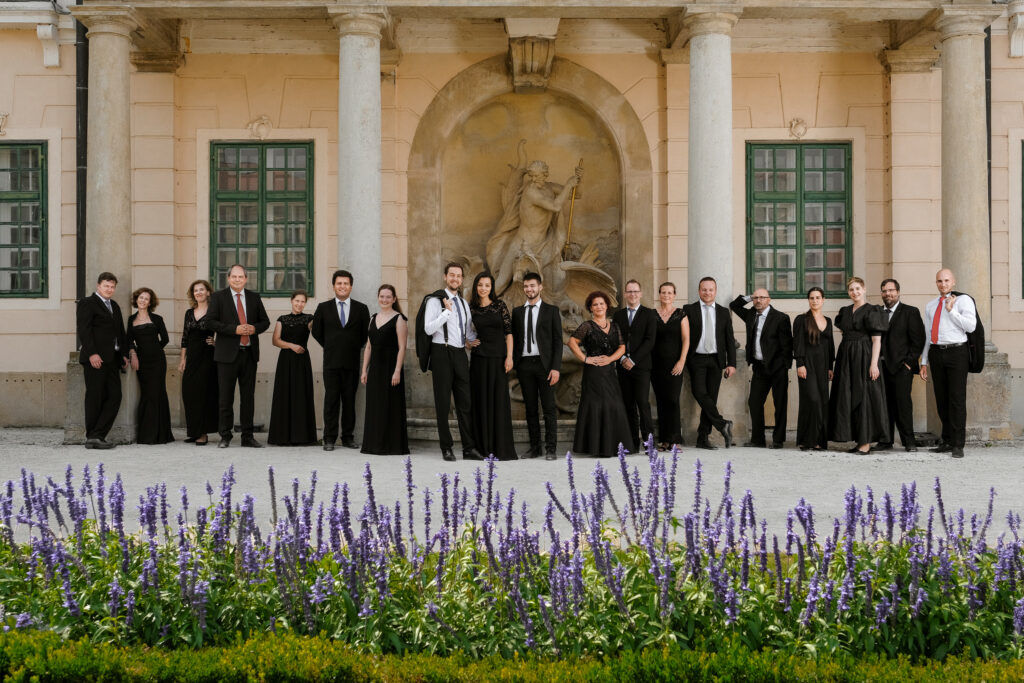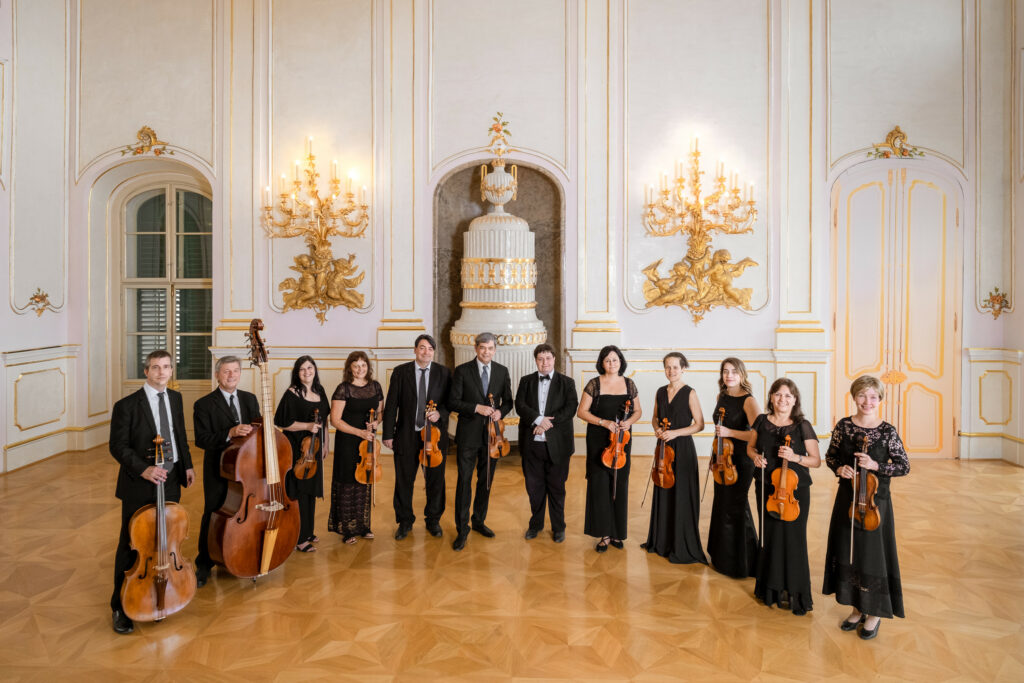In the spring of 1766, Gregor Joseph Werner, the senior conductor of the Esterházy court and Haydn’s predecessor and superior, passed away. The relationship of these two composers was destined to be rocky from the start, not only due to generational differences, Werner’s more conservative taste and less showy talent when compared to the virtuosic skills of his younger contemporaries, but also because neither Pál Antal Esterházy, nor his brother, Miklós, made a secret of how highly they thought of Haydn.
The wording of the 1761 contract indicates that the power imbalance between the two Kapellmeisters was present from the very beginning, as it stipulated that besides vocal works for religious purposes, all other genres (solo, chamber, and orchestral works) would fall within the purview of Haydn, together with the provision that the young artist would only be considered Werner’s subordinate in the field of church music and would be free to act as he pleased in all other matters. Although he faced serious struggles in his attempts to gain the trust of his employers, his genius and sense of duty proved to be convincing arguments. Following Werner’s passing, we inherited the tasks related to church music as well, which while were not in the forefront of the court’s cultural life, they also were not as neglected in the seventies as they were during the reign of Joseph II. In spite of not having composed any religious works in the preceding decade took to the job with his typical preparedness. He wrote the Missa Sancti Nicolai in 1772 for a string orchestra accompanied by oboes and horns, presumably in honour of the Prince’s name day.







